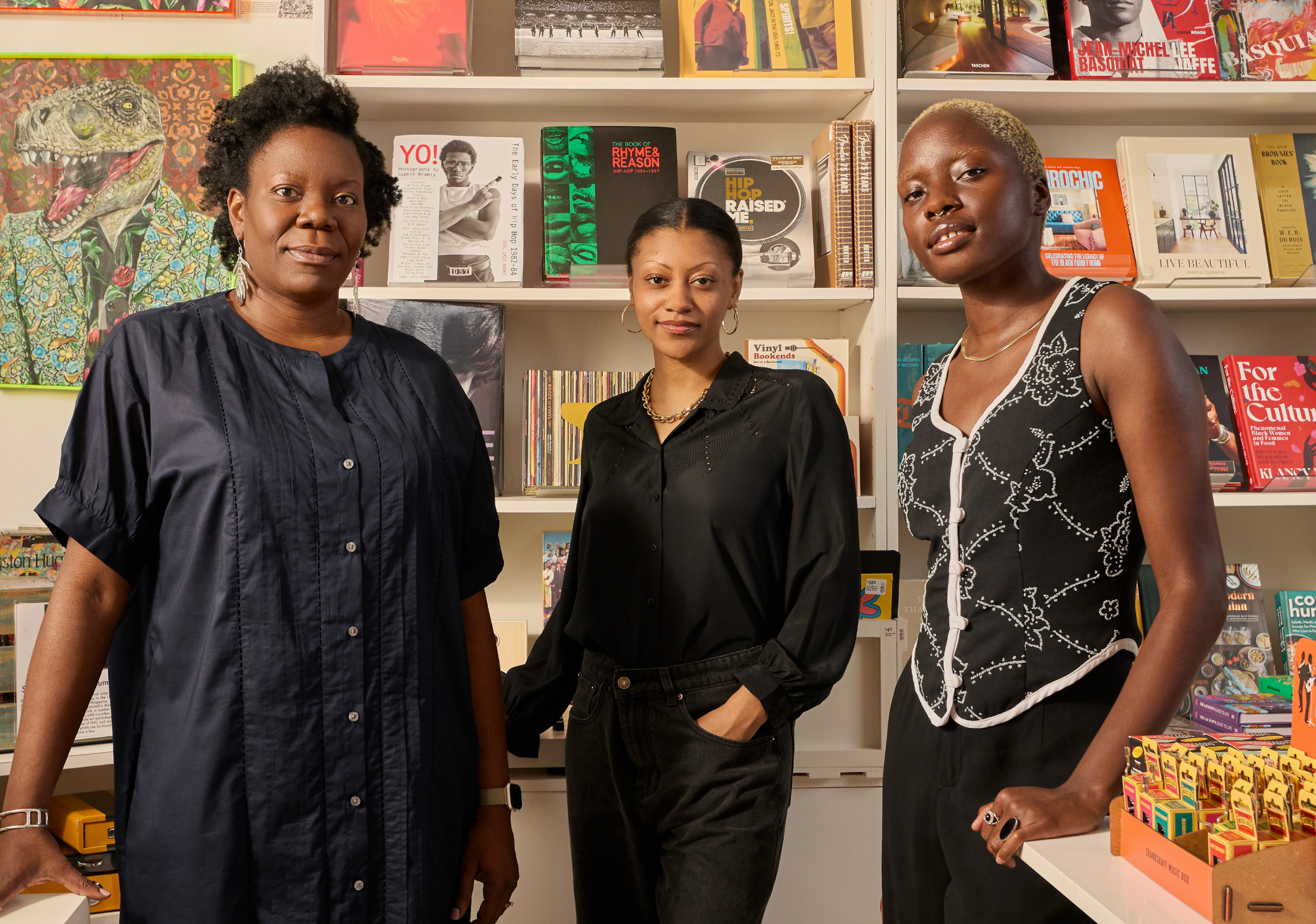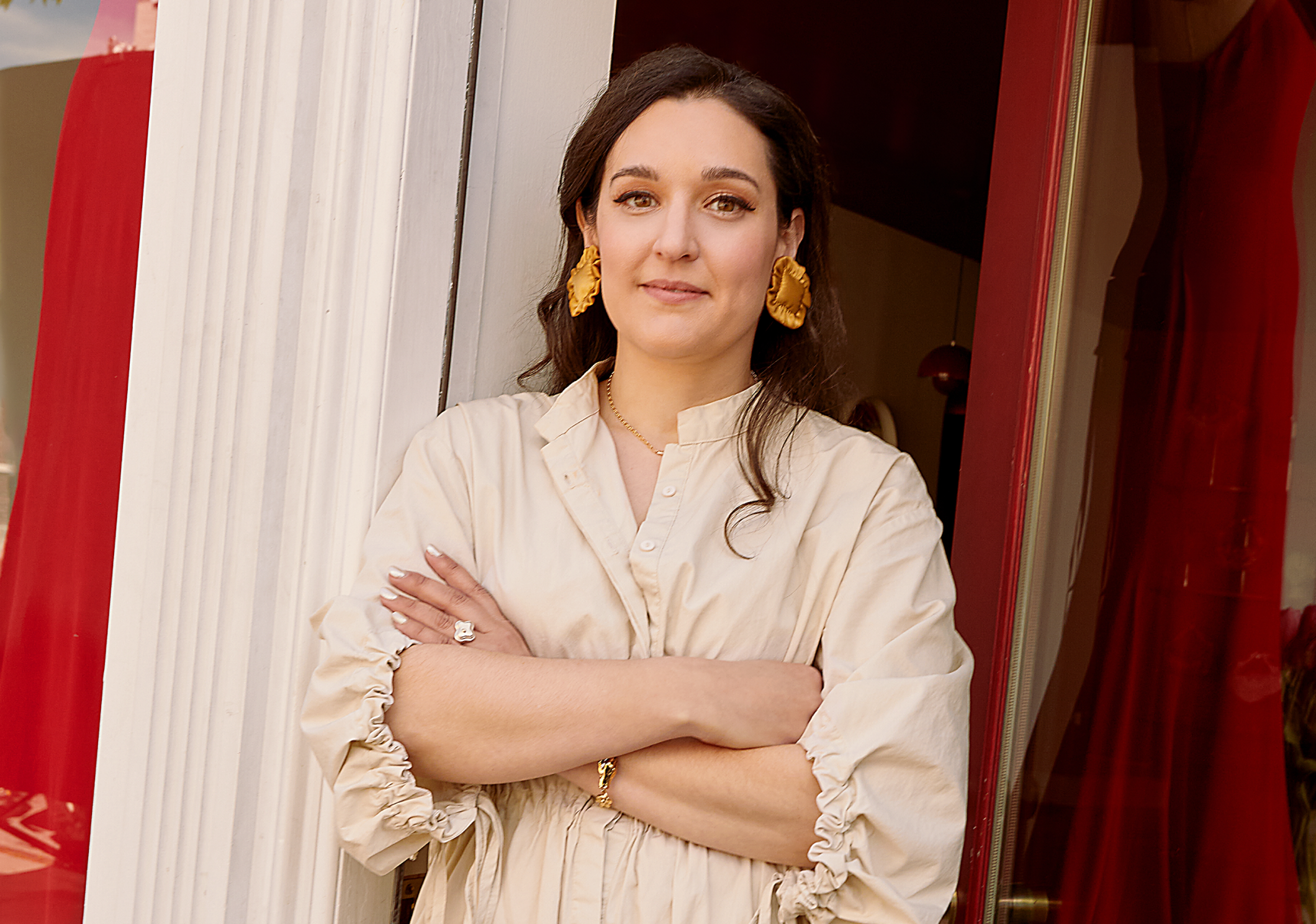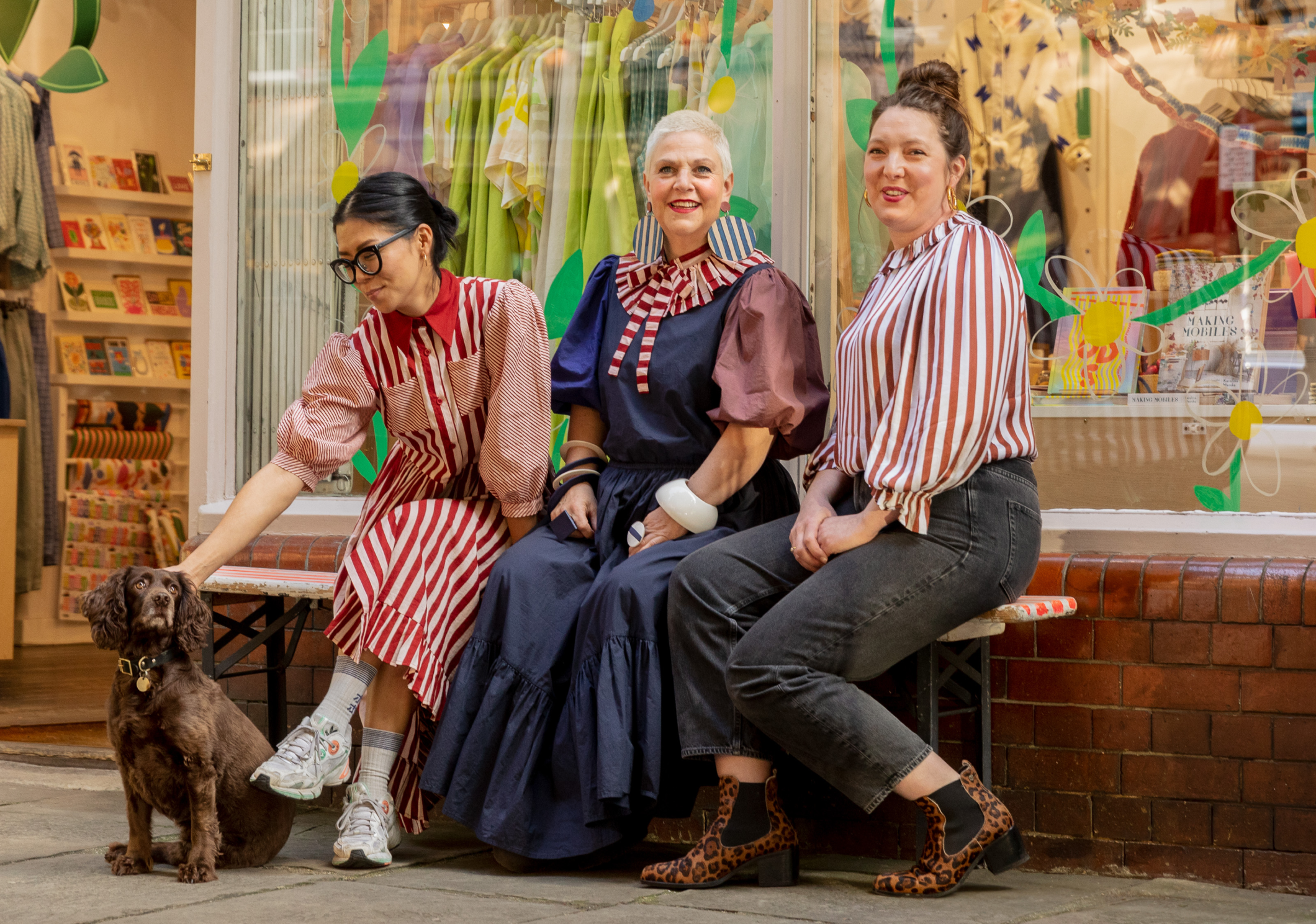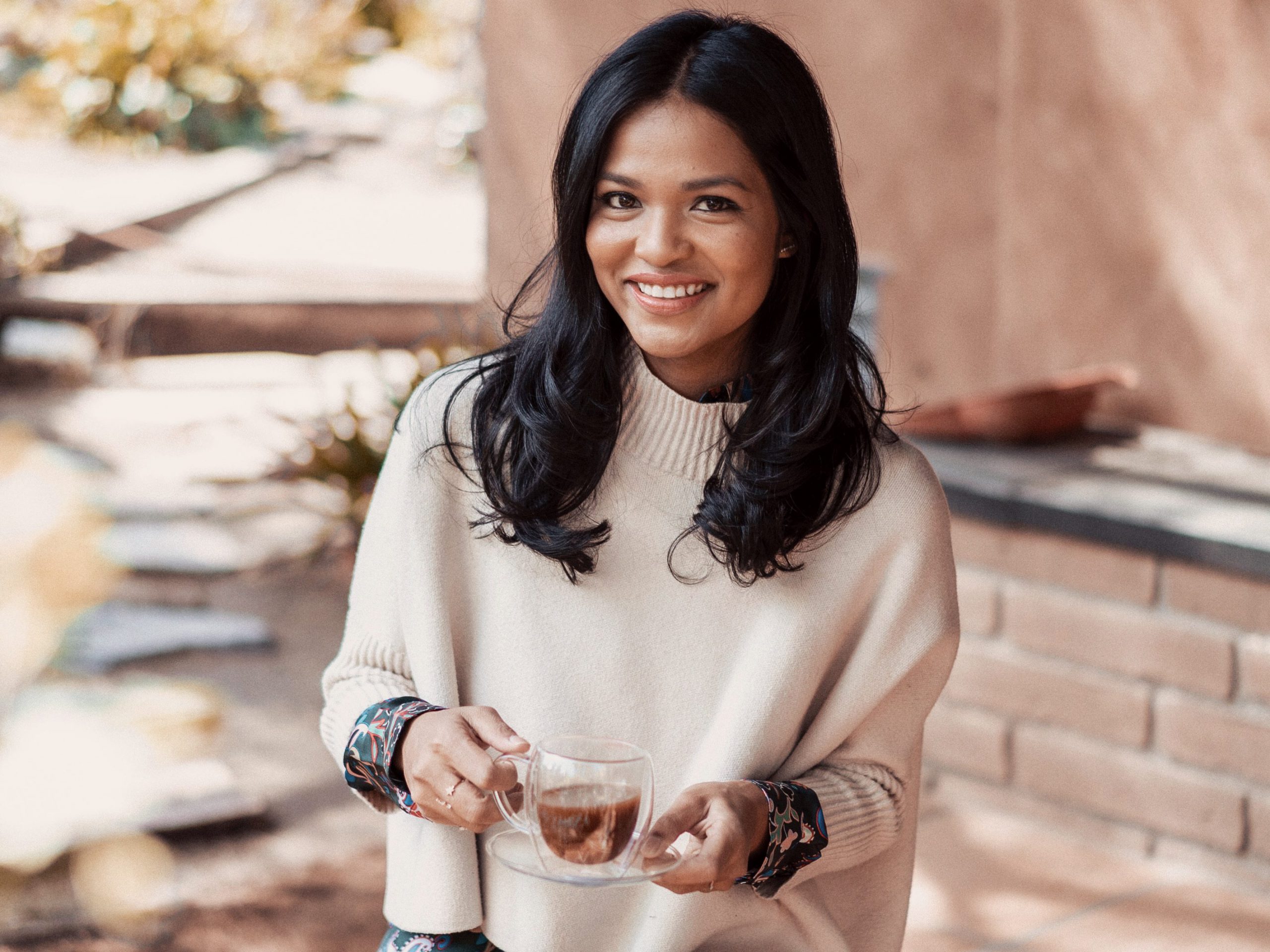
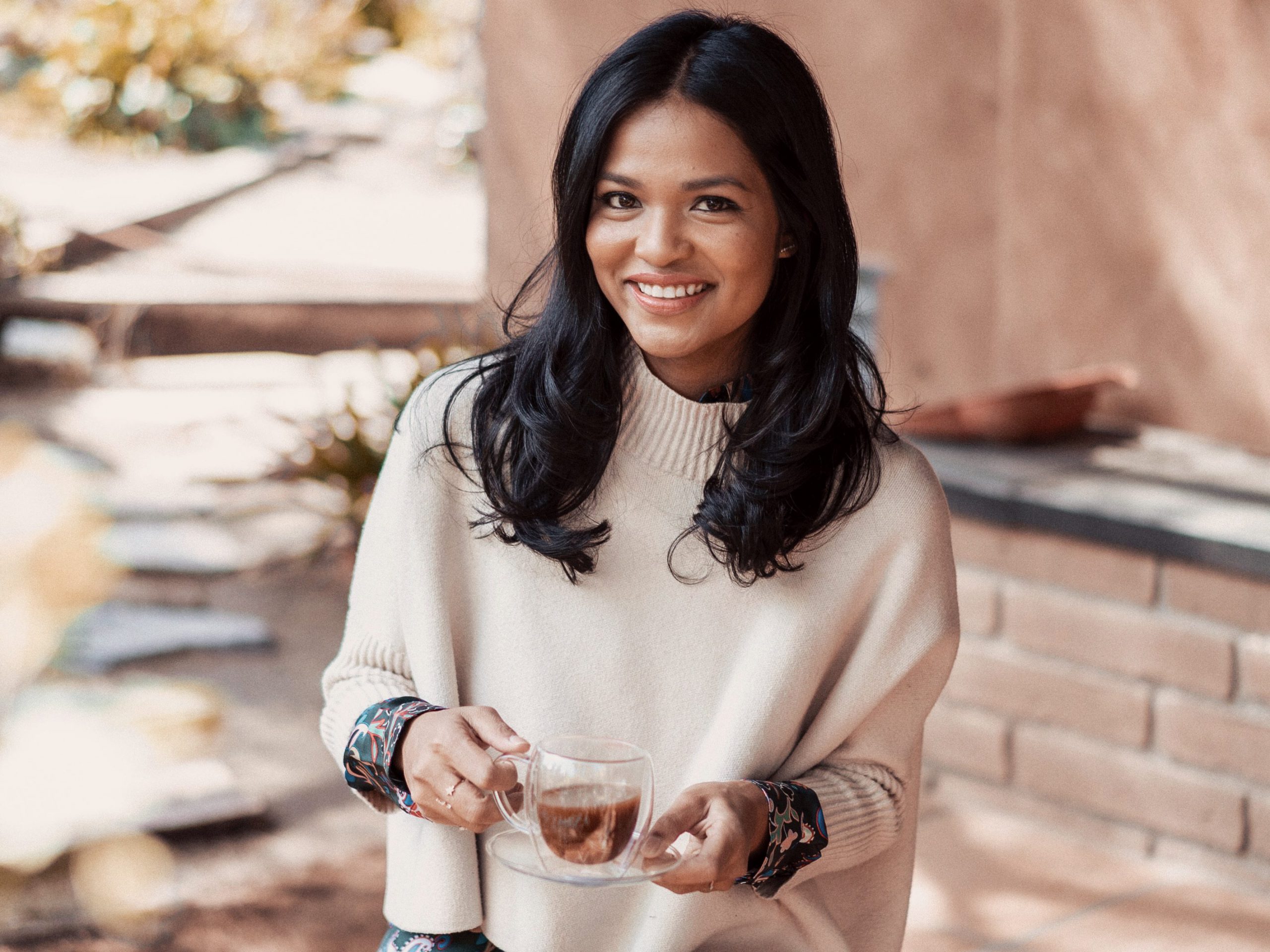
Photo courtesy of Sashee Chandran
In this week’s episode of Brick & Order, we spoke with two entrepreneurs who prioritize sustainability—Sashee Chandran, founder and CEO of bagless tea company Tea Drops, and Hugo Middleton, co-founder of U.K. wellness gifting company Atlantic Folk. These business owners told us how they place environmentally sound processes, from packaging to sourcing, at the forefront of their mission.
Family values
Tea has always been a central part of Sashee Chandran’s life. Both her parents came from cultures with heavy tea influence—her father from Sri Lanka and her mother from China—resulting in a household filled with community gatherings around cups of tea. In Sashee’s home, the beverage was used as a point of connection, and it was a desire to bring that connection to others that inspired Sashee to start Tea Drops. She wanted to find a way to allow everyone to enjoy the joy of tea without the sometimes lengthy process of making it. “The tea-making process is very cumbersome if you’re not used to it,” she said. “I felt that there was a way to modernize the tea drinking experience for the millennial tea drinker.” Sashee created an easy way for consumers to easily fit tea into their busy lives. Tea Drops teas are bagless whole leaf teas that are pressed into shapes like hearts or stars and dissolve in hot water. The need for any steeping or straining is removed from the equation, and the only equipment necessary is a cup and hot water.
It wasn’t just the appreciation for tea that Sashee’s family passed down to her, it was also her entrepreneurial spirit. “When you grow up with immigrant parents, you see them hustle in different ways,” she said. “I grew up seeing that and seeing them enterprise.”
For Hugo Middleton of Atlantic Folk, entrepreneurship is also a family matter. Hugo met his wife Bella when they worked together in London, and they’ve been in business together ever since. When they both left that first job, they began trying their hand bringing various products to market—from Christmas trees to Japanese gift wrapping—until they eventually found success in men’s gifts. In 2012, they began Men’s Society, where they made their own beard oil, shampoos, washes, and more, all whimsically packaged. Hugo’s brother-in-law joined the team to lead international growth, and soon they were distributing their products worldwide. In 2019, the company acquired gift and accessories brand Izola along with women’s gift brand Odeme. They decided to merge both sides of the company—the manufacturing of Men’s Society goods and the distribution of these new brands—thus creating Atlantic Folk.
Though they’ve grown since the early days of just Hugo and Bella, Atlantic Folk is still very much a tight-knit company. “It’s family for us, not just from a leadership side, but throughout as well,” Hugo said. “Our first employee was 17 when she joined us. Now, she’s got two kids and her mom works for us as well. I think people feel a greater sense of loyalty because it’s a family business.”
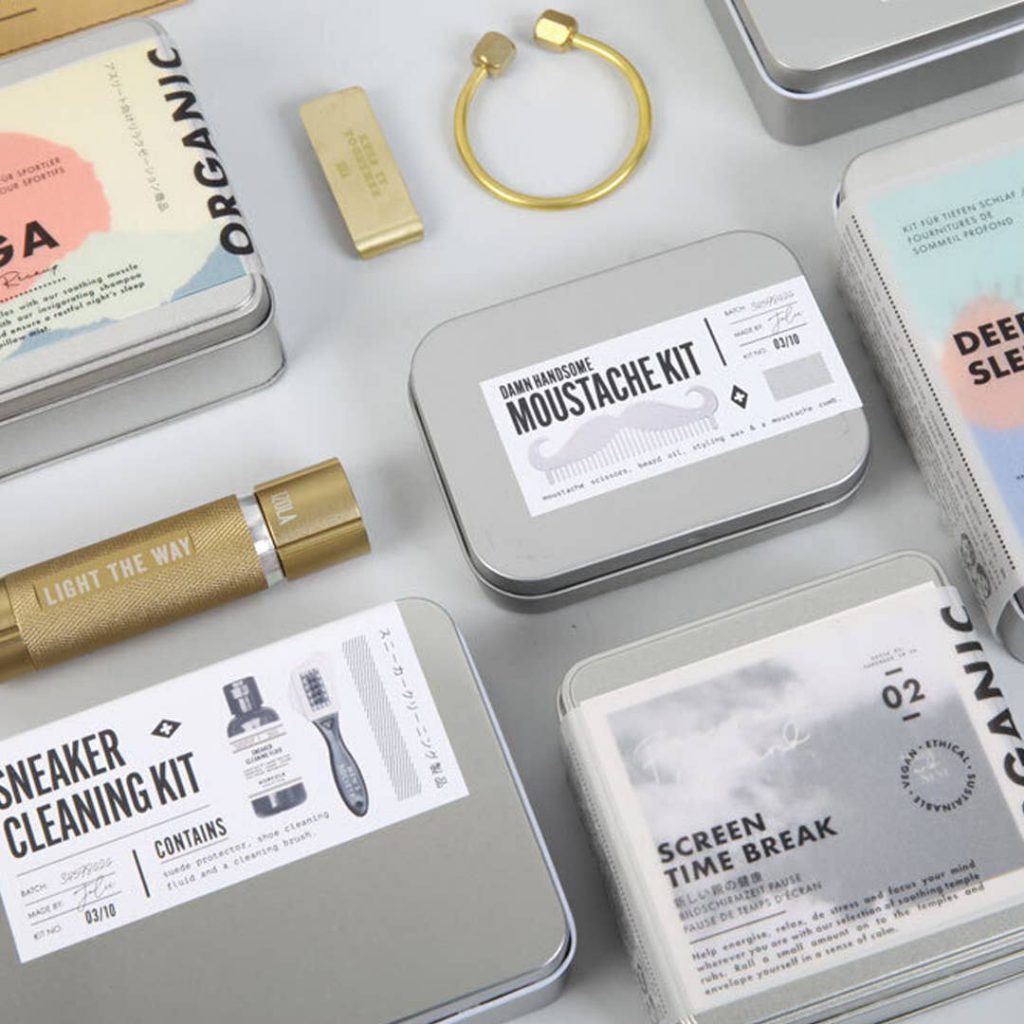
Sustainable and ethical sourcing practices
Hugo has been using organic materials for his products long before Atlantic Folk came to fruition. After having three children, Bella and Hugo found themselves using cleaning supplies constantly. “When you’re using cleaning materials at home, it gets you thinking about what’s in these products and where they have come from,” he said. This was the inspiration behind beginning one of their brands, Norfolk Natural Living. They aimed to make a completely natural cleaning brand while maintaining quality. “We’ve gone through some rigorous tests on ourselves and our sourcing to be able to get a product that is genuinely sustainable, rather than a greenwash style of sustainability,” Hugo said. Today, Atlantic Folk still sells Norfolk Natural Living products to customers in the hospitality industry and beyond.
For Sashee, sustainability is also top-of-mind in every aspect of her business. When she first began Tea Drops, she was simply buying tea online. After doing some research into potential distributors, she decided to work only with organic tea estates. In 2018, Sashee took a trip to Sri Lanka to visit some of those tea estates, where she saw the process of organic harvesting first hand. She also learned about the importance of fair trade. “There were fundamental challenges on the estate when it came to gender equity and the treatment of women on the estate,” she said. She discovered that 80% of tea estate workers are female, but they often are unable to reach high-level positions, and they’re typically paid much less than their male colleagues.
It was these learnings that led Sashee to ensure fair trade was a priority for Tea Drops. “Fair trade ensures that women are paid an equitable wage on the estate,” she said. She made sure her supply chain was female-forward and decided to only work with estates that supported fair trade practices. “We have this amazing opportunity to now innovate in this industry and bring more social consciousness into the realm of business,” she said.
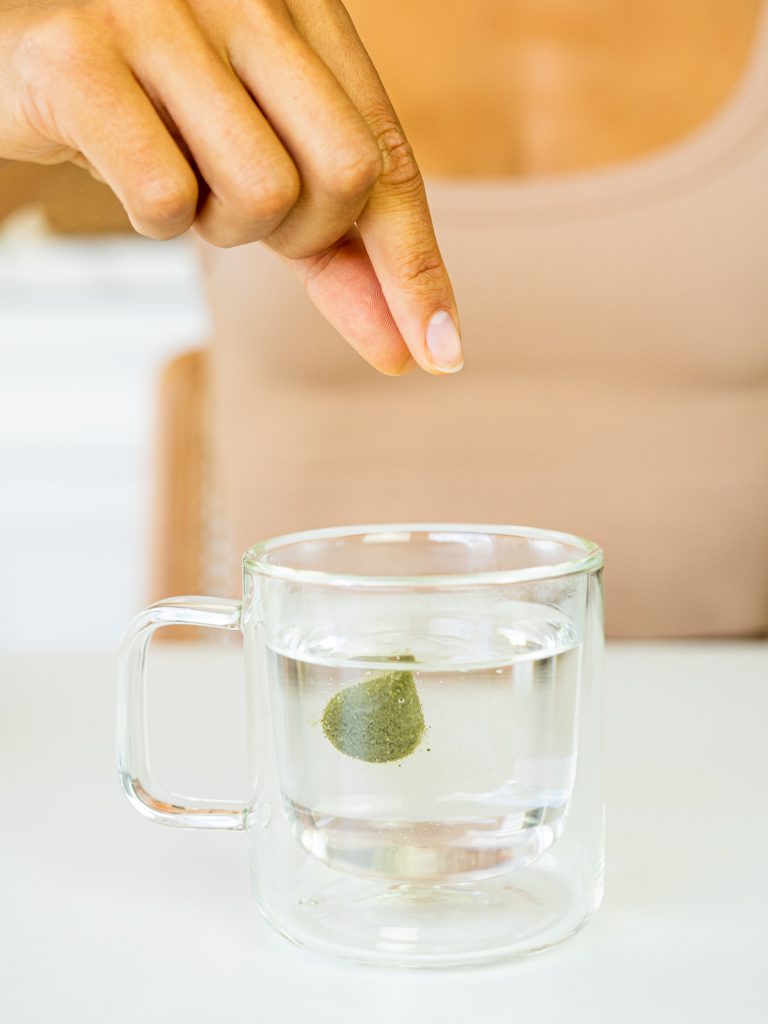
Manufacturing and packaging practices
In addition to using sustainable ingredients in their products, Atlantic Folk is also dedicated to practicing sustainability in other aspects of their business. They brought as much of the manufacturing process in-house as possible to consistently ensure the quality of the process. “The nice thing about making it ourselves and manufacturing it ourselves is that we’re completely confident in our claims about sustainability and the quality of our products,” Hugo said. They also focus on selling products that are made with plastic-free materials. They’ve even ethically sourced bamboo for toothbrushes and combs exclusively from areas not inhabited by pandas, so as not to diminish the animal’s natural habitat.
At Tea Drops, Sashee aims to keep her packaging eco-friendly. “We make a lot of decisions around reducing waste or changing out suppliers if we feel there’s a more sustainable way,” she said. She’s also careful to verify that the materials they use are truly sustainable and not incorrectly advertised as such. “When a material’s manufacturer comes to you and says something is compostable, it’s really on you to double-check that,” she said.
Today, Tea Drops creates about 20% less waste than a traditional teabag. They also partner with Thirst Project, a non-profit dedicated to bringing safe drinking water to areas where it’s scarce around the world. For every box of Tea Drops sold, they donate a portion of the proceeds to the Thirst Project. Through this partnership, they’ve already donated enough clean water to support over 140,000 people. “I’m proud of the values that we stick to and how that’s shaped the team, the supply chain, and who our customers are.”
Subscribe to Brick & Order, a podcast from Faire, to hear more stories from the small business community. Subscribe on Apple Podcasts, Google Podcasts, SimpleCast, Spotify, and Stitcher.

